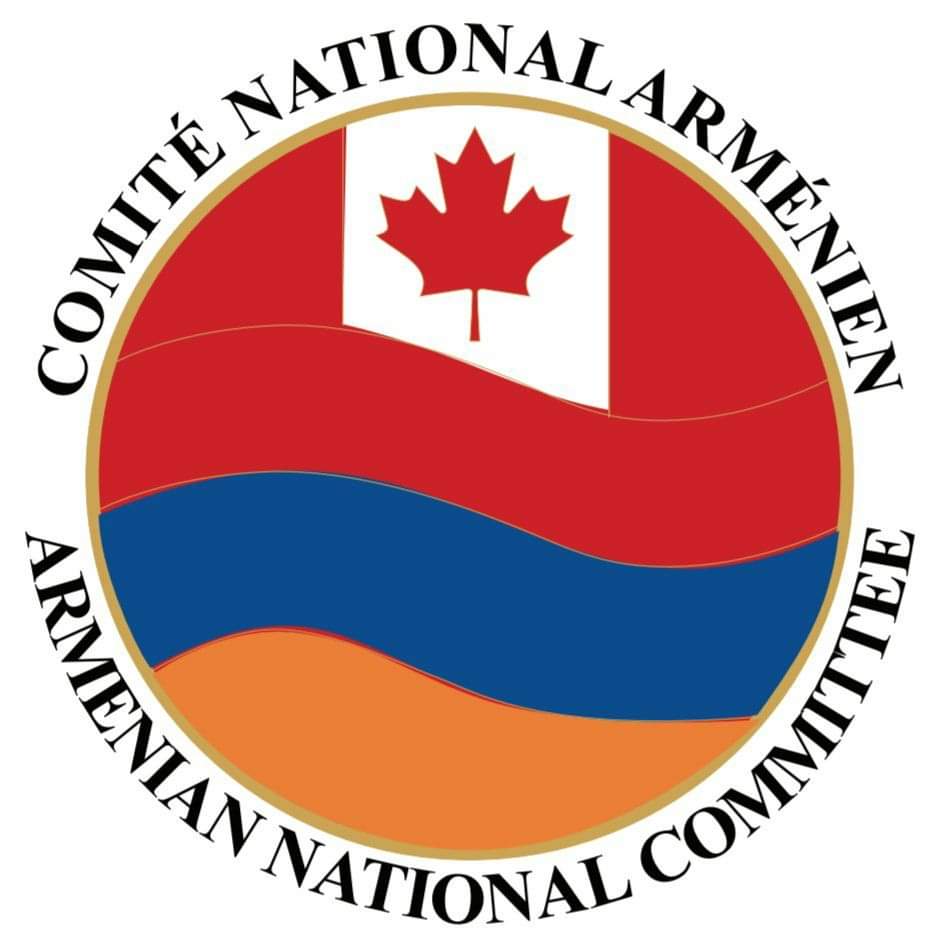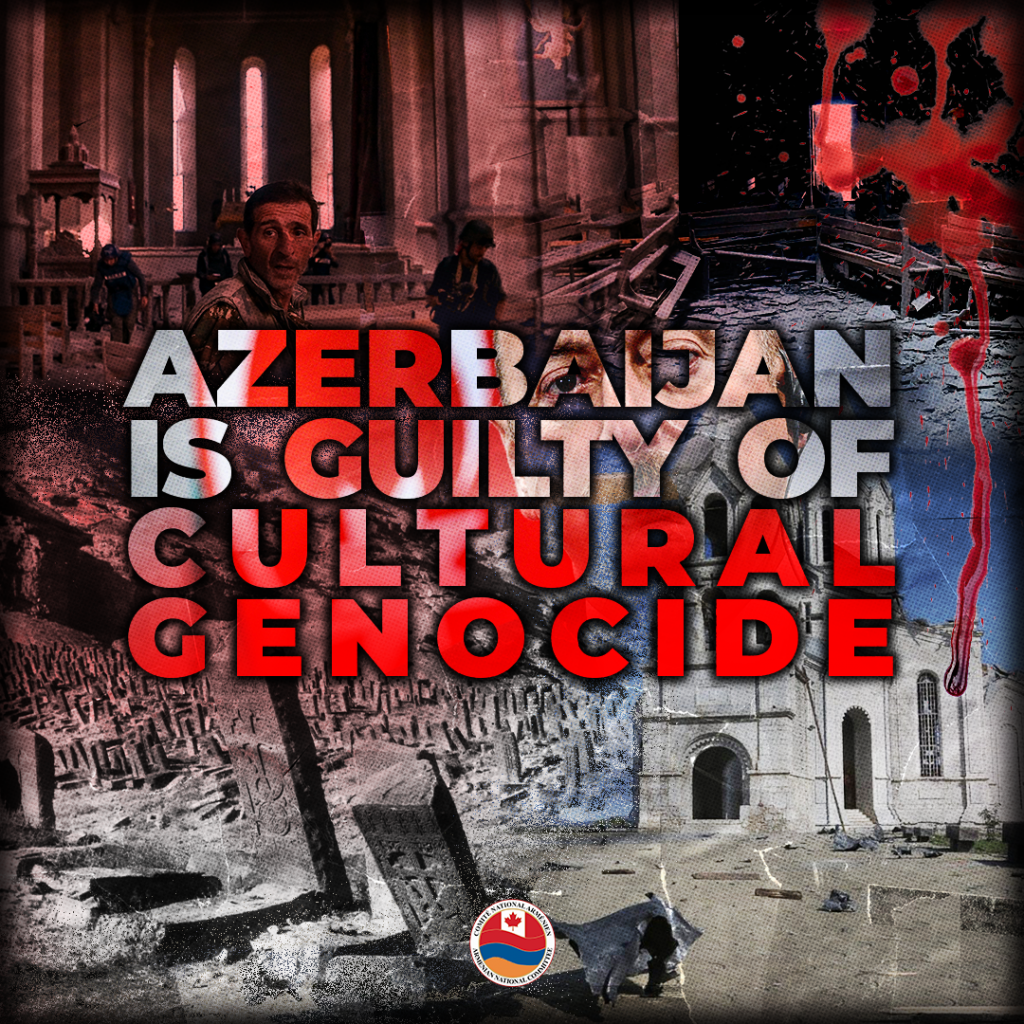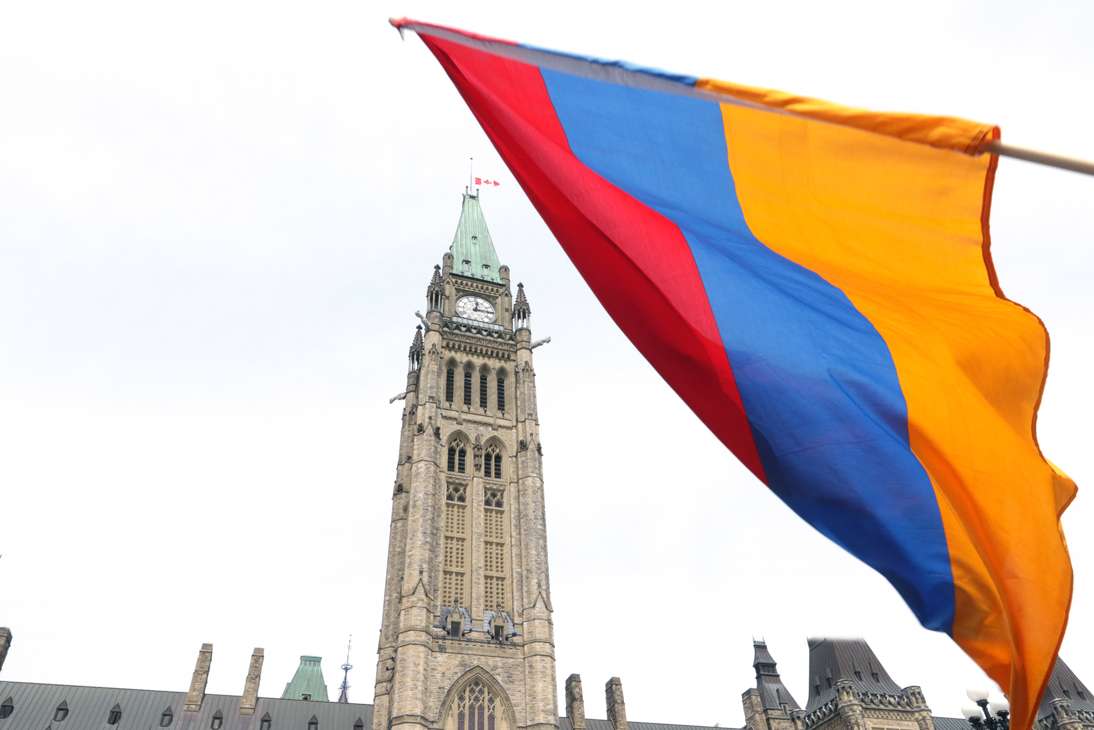“December 8, 2022 marks the 17th anniversary of Azerbaijan’s systematic destruction of the historic Armenian cemetery of Djulfa, as part of a deliberate campaign to erase Armenian monuments in territories currently occupied by Azerbaijan.
By December 15, 2005, over 200 Azerbaijani soldiers had already destroyed 10,000 masterfully hand-carved Khachkars (stone crosses) some of which dated to the 6th century. Recognized by UNESCO as a significant expression of Armenian culture and history, Khachkars signified the Armenian people’s resilience and deep connection with their Christian faith.
Every year, the Armenian National Committee of Canada (ANCC) commemorates December 8 as Cultural Genocide Awareness Day. On this day of remembrance and action, the ANCC also calls upon the Canadian government to remember and condemn past and ongoing cultural genocides, work to preserve the riches of our diverse history and celebrate the contributions of threatened Indigenous cultures everywhere.
Years of indifference and neglect from the international community led to the 2020 Artsakh War, where as a result of Azerbaijan’s Turkish-backed aggression, large swaths of Indigenous Armenian land fell under Azerbaijani occupation.
Following the end of the war, Azerbaijan destroyed several Armenian religious and cultural sites and monuments, attempting to erase evidence of the historical presence of Armenian people on the territories currently occupied by Azerbaijan.
In January 2021, the Human Rights Ombudsman of the Republic of Artsakh published an ad hoc report, revealing the extent of endangered cultural heritage that is now under direct threat of annihilation and revision by Azerbaijan.
The report confirmed that of the 4,000 Armenian cultural sites and artifacts, nearly 1,456 are now under Azerbaijani occupation, including 161 Armenian churches, the archaeological sites of Tigranakert, the Azokh Paleolithic cave and 8 state museums with 19,311 exhibits.
Thus far, Azerbaijan has refused to cooperate with UNESCO and other international authorities to conduct a preliminary assessment and determine the status of Armenian cultural sites. Canada, along with the rest of the international community must work with multilateral organizations, such as UNESCO to hold Azerbaijan accountable and introduce measures aimed at safeguarding the centuries-old Armenian cultural heritage in Artsakh and surrounding regions.”
-30-
The ANCC is the largest and the most influential Armenian-Canadian grassroots human rights organization. Working in coordination with a network of offices, chapters, and supporters throughout Canada and affiliated organizations around the world, the ANCC actively advances the concerns of the Armenian-Canadian community on a broad range of issues and works to eliminate abuses of human rights throughout Canada and the world.



